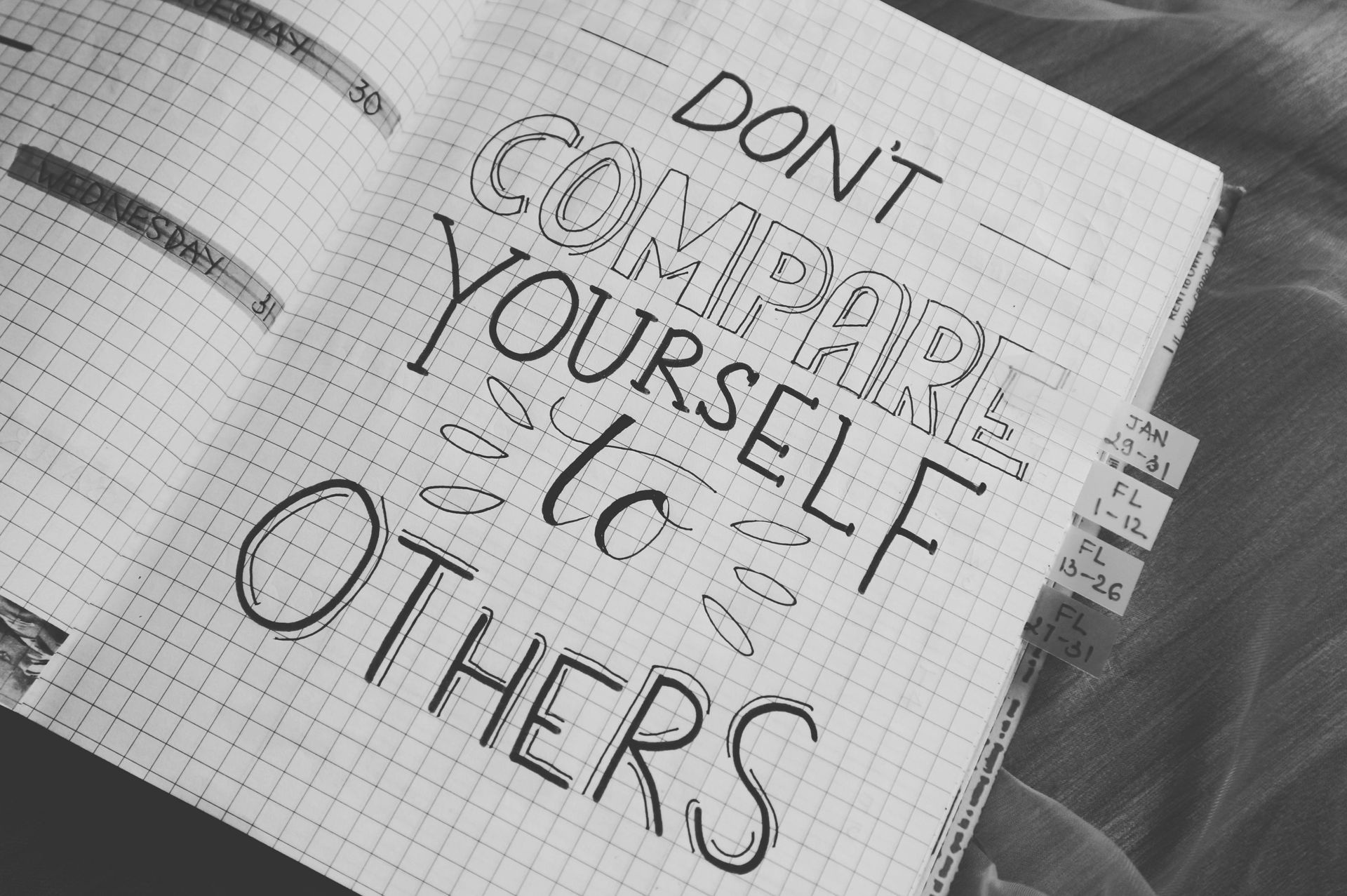Trademark Lawyer Houston
Leading Houston trademark lawyers specializing in trademark protection.
Trademark Lawyer Houston
As a premier trademark law firm in Houston, our experienced team specializes in trademark protection and holds extensive knowledge in all areas of intellectual property, trademark and patent law
Trademark Attorney: Knowledgeable IP Protection
Our experienced team specializes in trademark protection and holds extensive knowledge in all areas of trademark and patent law. . Over the years, we have successfully represented both national and international clients, ensuring their intellectual property is securely protected. Our Houston trademark lawyers provide the following services:
- Trademark clearance searches
- Trademark registration
- Trademark cancellations
- Trademark oppositions
- Trademark litigation
- Trademark licensing
- Trademark coexistence agreements
- DMCA & Domain disputes
Your Trademarks Deserve the Best Trademark Lawyers
Wilson Legal Group stands out as a leading trademark and copyright law firm in Houston, with over 25 years of expertise. Recognized consistently as one of the top firms in the field, we cater to both small and large businesses. Our firm skillfully manages global trademark portfolios across diverse sectors including fashion, transportation, retail, and hospitality.
We offer comprehensive services in trademark selection and protection worldwide, and we are seasoned litigators. Our proactive approach includes developing effective strategies to achieve optimal business outcomes both in and out of court. Wilson Legal Group has successfully prosecuted thousands of trademark applications through the U.S. Patent and Trademark Office, and expertly handles opposition and cancellation proceedings before the Trademark Trial and Appeal Board.
Additionally, Wilson Legal Group leverages deep mediation expertise to help resolve disputes, enhancing our litigation strategies with a focus on achieving the best business outcomes for our clients. As trusted Houston trademark lawyers, Wilson Legal Group is dedicated to protecting your intellectual property with strategic, results-oriented legal counsel.
Expert Trademark Attorneys in Houston, Texas | Protect Your Brand Today
Facing a trademark dispute can be overwhelming, affecting you both emotionally and financially. With our Houston-based trademark law firm, you gain peace of mind knowing that experienced attorneys are handling every aspect of your trademark registration and protection. Let us manage the research, background checks, and legal strategies to secure your intellectual property rights. Our team is proficient in navigating the extensive records of the United States Patent and Trademark Office (USPTO).
Our Houston trademark attorneys meticulously examine various trademark registration platforms, ensuring thorough searches and due diligence on your behalf. Whether you're looking to register a new trademark or need to check the status of an existing one, our experts are here to help.
Contact Our Houston Trademark Lawyers Today
Should you find yourself in a trademark dispute, our skilled Houston trademark lawyers are prepared to defend your interests in court. We specialize in handling pending applications and contested trademarks efficiently. Trust our team to provide robust representation and to strive for the best outcome in your trademark litigations.
Don’t navigate the complexities of trademark law alone. Reach out to our Houston trademark attorneys for professional guidance and proactive legal services. Secure your brand’s future today by scheduling a consultation with our top-rated trademark experts. We’re committed to protecting your creative assets and ensuring your business thrives.
CLIENT MATTERS
5,000+
YEARS OF SERVICE
25+
Award Winning
Recognized in the legal industry as dedicated board-certified lawyers and Rising Stars.
Expert Team
Your project will be handled by legal experts every time. You will have the most experienced attorneys working for you.
Quality Representation











